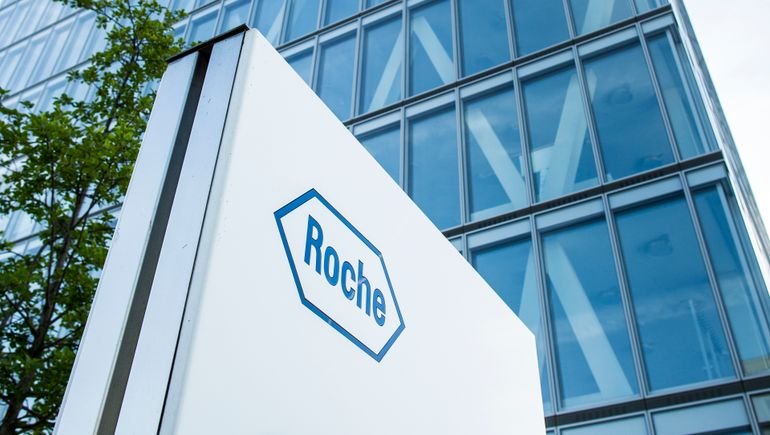Hope sputters for emerging anti-TIGIT drug class

Cancer researchers have high hopes for a promising class of experimental immunotherapy drugs known as anti-TIGITs, despite a recent spate of trial setbacks and flops. Among them, Roche’s anti-TIGIT immunotherapy, tiragolumab, failed a phase 3 trial for small cell lung cancer and didn’t slow tumor growth in a second late-stage study for non-small cell lung cancer (NSCLC).
Even though the drug didn’t put the brakes on tumor growth, an “inadvertent” data leak shows it may still be helping patients live longer, which has raised spirits.
Roche shares jumped 5% after analysts stumbled upon a presentation on the company’s website in August showing that after more than 15 months of follow-up, NSCLC who took tiragolumab and Roche’s approved PDL-1 checkpoint inhibitor Tecentriq lived longer than those who took Tecentriq alone.
“I don’t think [tiragolumab] is going [to] change the landscape of non-small cell lung cancer.”

Ellie Davenport
Healthcare analyst, Citeline
The leaked trial data was a welcome reprieve for tiragolumab amidst a raft of otherwise bad news that has dogged anti-TIGIT drugs. While a recent phase 2 trial of Gilead’s anti-TIGIT drug domvanalimab in combination with the PD-1 zimberelimab saw some promising results, an anti-TIGIT from Merck & Co., MK-7684A, also failed to slow tumor growth in a phase 2 study earlier this year.
In the Roche study, patients taking the drug combination lived a median of about 23 months versus nearly 17 months among those just taking Tecentriq. This raised the possibility that tiragolumab and other anti-TIGIT drugs, which target a protein called TIGIT or T-cell immunoglobulin and ITIM domain, might indeed boost the effects of immunotherapies.
A long road ahead
Although Roche’s new findings generated optimism and a market bump for anti-TIGIT drug developers, it’s premature to expect smooth sailing ahead for tiragolumab, said Ellie Davenport, a healthcare analyst for Citeline. While the drug showed a benefit, the results weren’t statistically significant, and the path to FDA approval is not the same as market success, she said.
“The data are more positive than all the negative data we’ve seen previously,” Davenport said. “However, we should treat this data with caution. Even if it does succeed and eventually show a significant benefit over PDL-1 monotherapy, its utilization in the real world is questionable.”
For instance, Roche could face an uphill battle getting doctors to switch to the drug combination, as most often use Keytruda alone or in combination with chemotherapy as a first-line treatment.
“Typically, physicians in the real world don’t treat patients with Tecentriq for non-small cell lung cancer because it has shown lower efficacy than Keytruda,” Davenport said. “Here they’re [asking whether] it’s showing a 19% benefit over Tecentriq, but what we really want to look at is the benefit it shows over Keytruda, because that’s basically the standard of care.”
The trial could also have skewed results. People taking Tecentriq alone didn’t fare as well as they typically do when using that drug, Davenport said. This underperformance might have made the tiragolumab arm of the trial appear better by comparison.
Roche will likely release more data in early 2024. A second NSCLC study of tiragolumab, Skyscraper 06, is ongoing. But Davenport remains skeptical.
“I don’t think [tiragolumab] is going [to] change the landscape of non-small cell lung cancer,” she said. “I think we need to see a slightly greater benefit.”
Source link
#Hope #sputters #emerging #antiTIGIT #drug #class